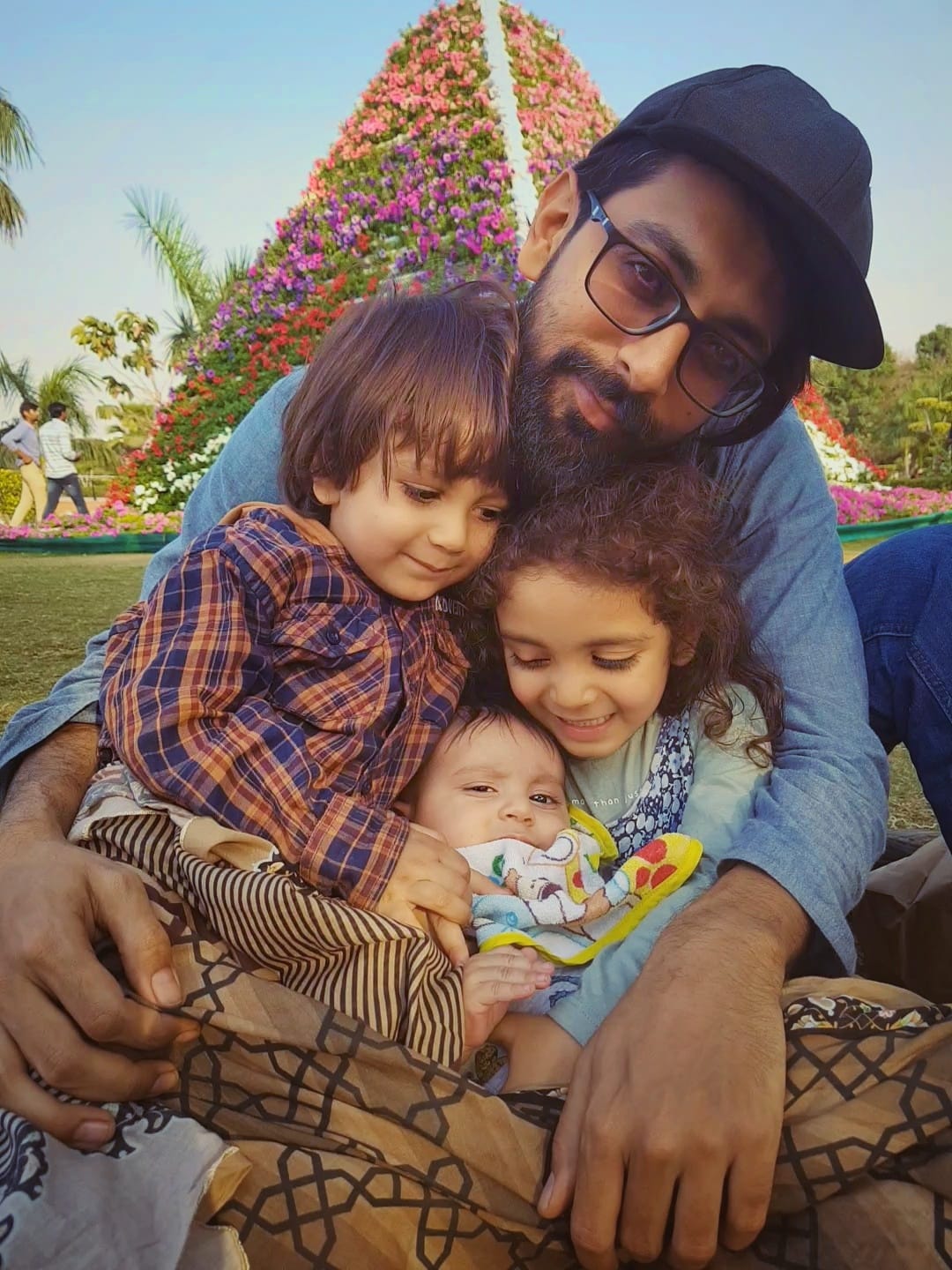Root Cause of OCD According to Germanic Healing Knowledge (GHK)
Obsessive-Compulsive Disorder (OCD) is understood in Germanic Healing Knowledge (GHK) as the result of a biological conflict affecting specific brain relays. These relays govern both physical functions and emotional behaviors, and OCD reflects the psyche’s response to unresolved or recurring conflict shocks (DHS).
Biological Context of OCD
- Organ and Brain Relays Involved
- The compulsive behaviors in OCD often stem from conflicts related to the motor cortex, sensory cortex, or cerebral cortex areas associated with territorial, separation, or identity-related conflicts.
- Biological Purpose
- OCD behaviors are adaptations meant to provide control or order in response to inner turmoil or conflict, helping the individual feel safer or more secure.
- Compulsive thoughts or actions act as coping mechanisms, symbolically addressing unresolved conflicts.
Conflict Themes Behind OCD
1. Fear of Losing Control (Motor Cortex)
- A DHS involving a fear of chaos, disorder, or loss of control.
- Compulsive actions (e.g., cleaning or organizing) are attempts to restore perceived control over a situation or environment.
2. Separation Conflict (Sensory Cortex)
- A DHS triggered by a perceived or actual loss of connection with someone or something important.
- The repetitive nature of OCD behaviors reflects the psyche’s attempt to reconnect or repair the separation.
3. Self-Devaluation Conflict (Cerebral Cortex)
- Feelings of inadequacy or inability to fulfill expectations, often leading to rituals aimed at compensating for perceived shortcomings.
- Example: A compulsive need for perfection in tasks, stemming from fear of failure or judgment.
4. Fear of Contamination or Danger
- A territorial fear conflict, where an individual perceives their space, health, or safety as being under threat.
- Cleaning compulsions or checking behaviors arise to counteract the perceived danger.
Development of OCD in GHK Phases
- Conflict-Active Phase
- The individual is in a heightened state of alertness or repetitive thinking, trying to resolve the conflict.
- Compulsive thoughts and actions dominate, driven by a need for resolution.
- Healing Phase
- When the conflict is addressed, the brain begins repairing the affected relay.
- Temporary symptoms like anxiety, fatigue, or intensification of rituals may occur as part of the healing process.
- Hanging Healing or Recurring Conflicts
- If the conflict is not fully resolved or recurs repeatedly, the person remains in a chronic state of OCD-like behaviors, oscillating between active conflict and healing phases.
Case Examples of OCD and Related Conflicts
- Washing Hands Repeatedly
- Root Conflict: Fear of contamination or danger to oneself or loved ones.
- Example: A child develops this compulsion after witnessing a family member fall ill, associating cleanliness with safety.
- Checking Locks Obsessively
- Root Conflict: Territorial fear conflict, driven by a sense of insecurity or threat.
- Example: An individual becomes compulsive about security after experiencing a burglary.
- Counting or Symmetry Rituals
- Root Conflict: Fear of chaos or loss of control, leading to repetitive actions to restore order.
- Example: A student, overwhelmed by academic pressure, feels compelled to count objects to regain a sense of control.
Resolving OCD from a GHK Perspective
- Identifying the Conflict
- Reflect on the initial DHS or recurring triggers that started the compulsive behaviors.
- Journaling or therapy can help uncover hidden fears or insecurities.
- Addressing the Conflict
- Actively work to resolve the conflict by:
- Reframing the situation.
- Restoring a sense of safety or connection.
- Engaging in supportive dialogue with those involved.
- Creating a Safe Healing Environment
- Encourage the individual to accept temporary symptoms as part of the healing phase.
- Avoid suppressing behaviors with force or medications, as they interrupt natural healing.
- Supportive Techniques
- Relaxation exercises, mindfulness, or grounding practices to help process unresolved emotions.
- Community support or holistic approaches to reduce stress and recurring conflict triggers.
Final Notes
From the GHK perspective, OCD is a biological program triggered by specific conflicts. Understanding and addressing these conflicts at the root level allows the individual to resolve the compulsive patterns naturally. Healing occurs when the psyche, brain, and body are aligned and the underlying fear or tension is resolved.
For more details, refer to resources like learninggnm.com, which provide factual and case-based insights into such biological programs.

